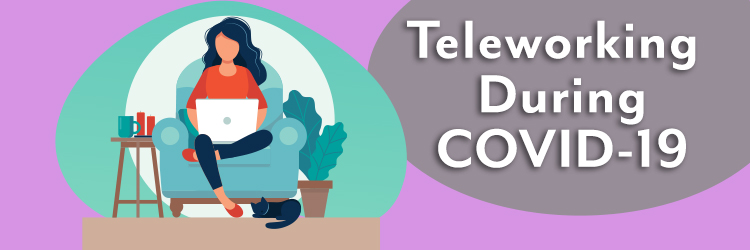[vc_row][vc_column][vc_column_text]COVID-19 is changing most aspects of everyday life. One big part of that is work. Many Americans are now unemployed. Many others who are accustomed to office jobs are working from home. Lots of people have to balance teleworking and homeschooling their kids, both of which are likely new territory.
A new study found that a third of Americans working from home due to COVID-19 are drinking on the job. 22% of those surveyed in that study said they’ve stockpiled alcohol over groceries. 35% said they are drinking more during the pandemic than they did before.
I don’t think people are drinking while working at home just because they can. I think these issues are surfacing because of the pandemic. People are stressed, their routines are upended, and maybe they’re worried about their health or the health of a family member.
Perhaps their kids are making lots of noise. Or they’re still figuring out how to balance childcare and working. Maybe on top of this, technology is glitching and they can’t get their work done efficiently. Or perhaps they live alone and feel isolated and scared.

Any big change in routine is going to affect a person’s mental health. This is especially true during a crisis, when stress and anxiety are already high. In times of crisis, people often cling to any sense of routine and normalcy. It’s a challenge to create that right now.
The good news is that it’s still doable. Wake up at a certain time. If possible, have a dedicated workspace that is away from others in the house. Take short breaks at set times to get fresh air, meditate, move your body. These are things that may seem small in the moment, but over time make a big difference in overall mental health.
Employers should also prioritize employees’ mental health. They should be aware of workers’ home environments, and be willing to be flexible. For example, if someone is caring for a sick relative or has kids that are now home due to schools closing, they might work out an alternate schedule.
It’s also a great time for employers who don’t already offer coverage for mental health to consider doing so. During this crisis, overall mental health is under as much threat as physical health.
If you are struggling with a substance use or a co-occurring mental health disorder during this crisis, TruHealing Centers is open and here for you. Our facilities are receiving third-party, hospital-grade sanitization so that you can feel safe receiving treatment. At all of our addiction treatment centers across the country, we work with clients to help them build the tools to thrive in long-term recovery. Call an admissions specialist at 410-593-0005.[/vc_column_text][/vc_column][/vc_row]








